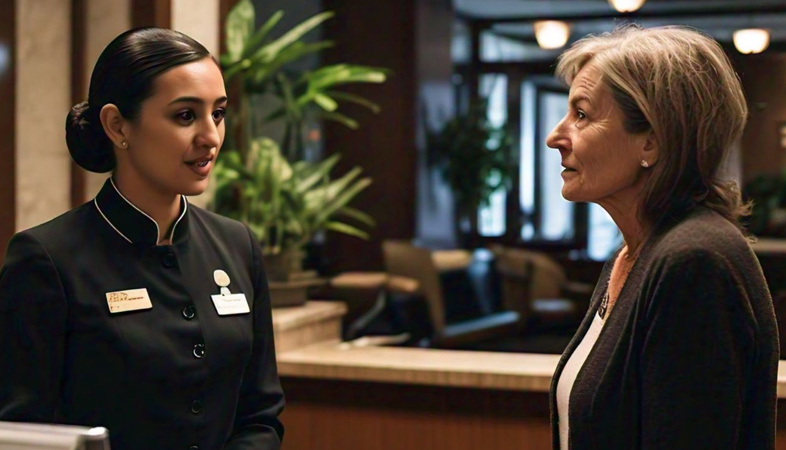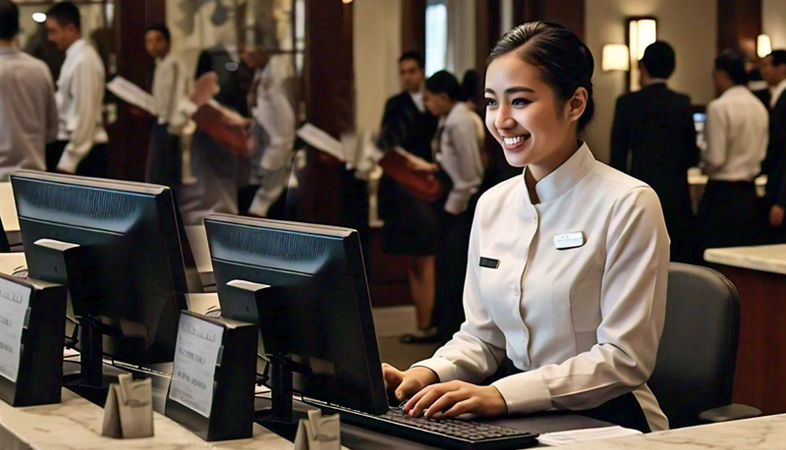SHARE
Commercials
More Posts
Jan 28, 2025
Makai Cheesy Kaju Tikki - By Chef Rajat Ranjeet
Jun 14, 2025
Essential Skills Every Front Desk Agent Should Have
Jun 27, 2025
Uttam Das Appointed as Executive Chef at JW Marriott
May 12, 2025
Avare Kalu Akki Roti - By Chef Bharath Bhushan C
Jun 07, 2025
Paan - By Chef Sumant Sharma
Jan 28, 2025
Makai Cheesy Kaju Tikki - By Chef Rajat Ranjeet
Jun 14, 2025
Essential Skills Every Front Desk Agent Should Have
Jun 27, 2025
Uttam Das Appointed as Executive Chef at JW Marriott
May 12, 2025
Avare Kalu Akki Roti - By Chef Bharath Bhushan C
Jun 07, 2025
Paan - By Chef Sumant Sharma
Jan 28, 2025
.png)




.jpg)






















